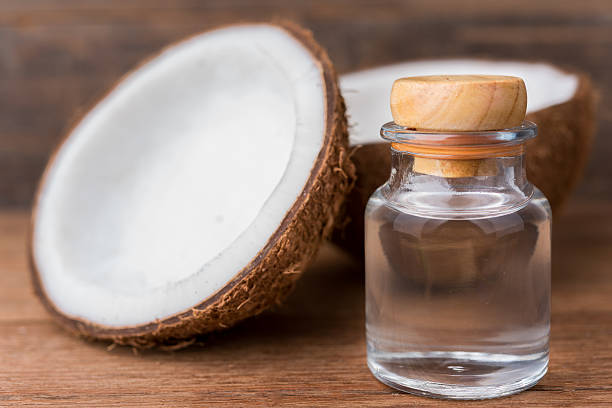“SWEAT TALK”

sweat on skin young woman relaxing in the sauna
We go for a recreational walk and we see this person running in a full body suit. He has another shirt under his sweat suit and he looks very uncomfortable. He swears by this and says that the suit helps lose pounds.
He will lose pounds but it will be water weight. Dehydrated and listless, he will wonder where all his energy went. Within 24 to 36 hours that 5 or 6 pound loss will be gained through the normal hydration process i.e. drinking water and fluids.
His way of exercising is a quick ticket to the hospital ward. Exhaustion, heat strokes, circulatory collapse and death are the only results by training in that way.
The body has to sweat to cool itself and to dissipate heat. In heavy clothes this cannot be done. The body over heats and sweats excessively. It dehydrates.
some people even skip drinking water and proper fluids during their exercises. This is slow suicide.
Water is important in exercise whether aerobic or anaerobic. Water loss will deteriorate performance. All energy release processes in our bodies require a water environment to accomplish. Dehydrating oneself will defeat the energy release systems and destroy one’s health.
It is important to take water breaks every 10 or 15 minutes during Aerobic training to replenish bodily fluids. Water is best since sugary liquids will stay longer in your stomach deterring absorption. for training more than an hour and a half, diluted fruit juice may be consumed.
What happens without water?
If you do not drink enough water, you dehydrate. Dehydration will lead to a
decrease in physical activity performance and will adversely affect your health.
Signs of dehydration are: Thirst, Chills, Clammy skin, Elevated heart rate, Nausea, Headache, Dizziness, Shortness of breath, Dry mouth.
Dehydration leads to:
Heat exhaustion
Heat stroke
Muscle cramping/fatigue
Breakdown of skeletal muscle
How much water should I drink?
Remember it is important to drink water before, during, and after exercise.
Exact amounts of water needed will vary from individual to individual (gender,
exercise environment, type of exercise, and intensity of exercise are all factors).
HYDRATION AS AN EXERCISE CONCERN:
Before: 17-20 oz. of water at least 2 hours prior to exercise
During: 7-10 oz. of water for every 10-20 minutes of exercise
After: 16-24 oz. of water for each pound lost due to sweating.
What water does for your body.
60% of your total body weight is water
75% of your muscles is water
Assists in the regulation of internal body temperature
Protects and cushions vital organs
Aids the digestive system.
Preventing Dehydration.
Don’t wait until you are thirsty. Thirst is an early sign of dehydration and
if you wait until you are thirsty, you have already begun to dehydrate.
Drink water before, during, and after exercise.
Dress for the environment.
During the warm months exercise at the coolest time of the day –
early morning or late evening, and wear the lightest clothing that
you can (lightweight t-shirts, shorts, low-cut socks).
During the cold months, wear clothing so that you
can remove as you begin to sweat.
Never workout in plastic or rubber suits.




